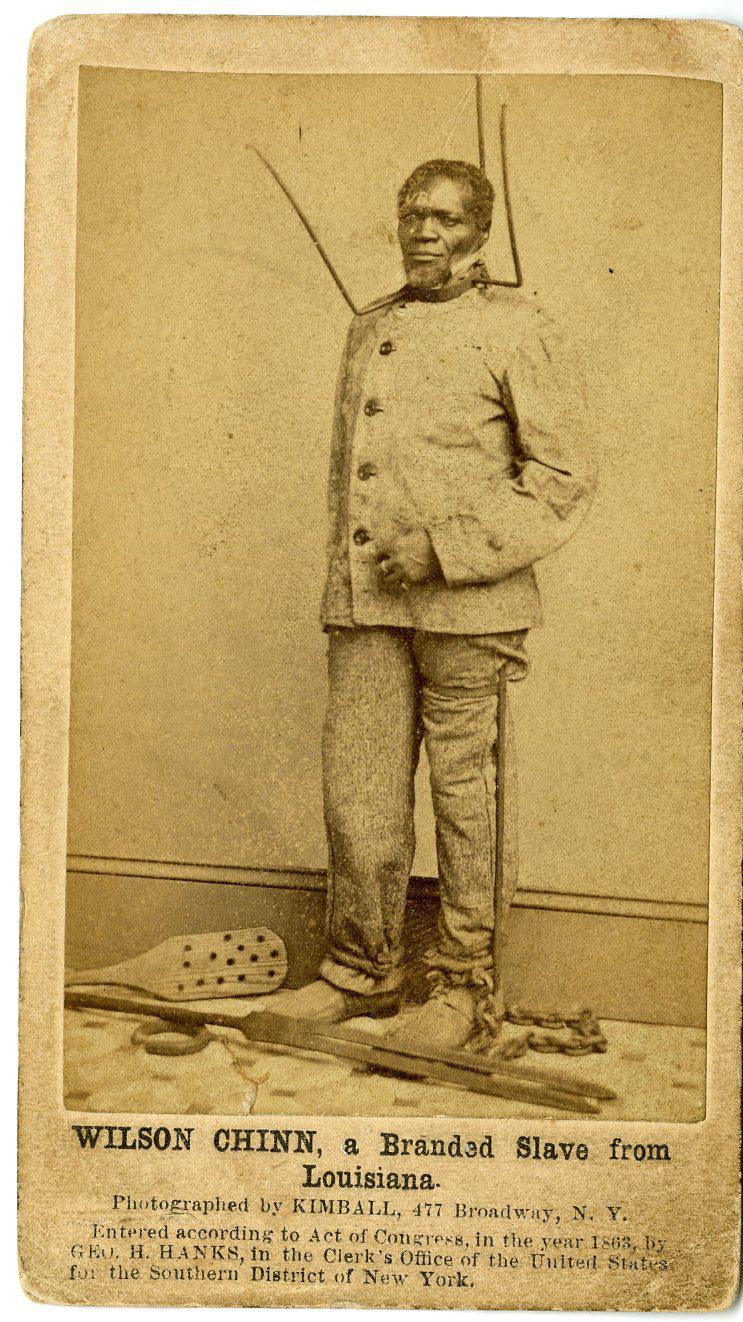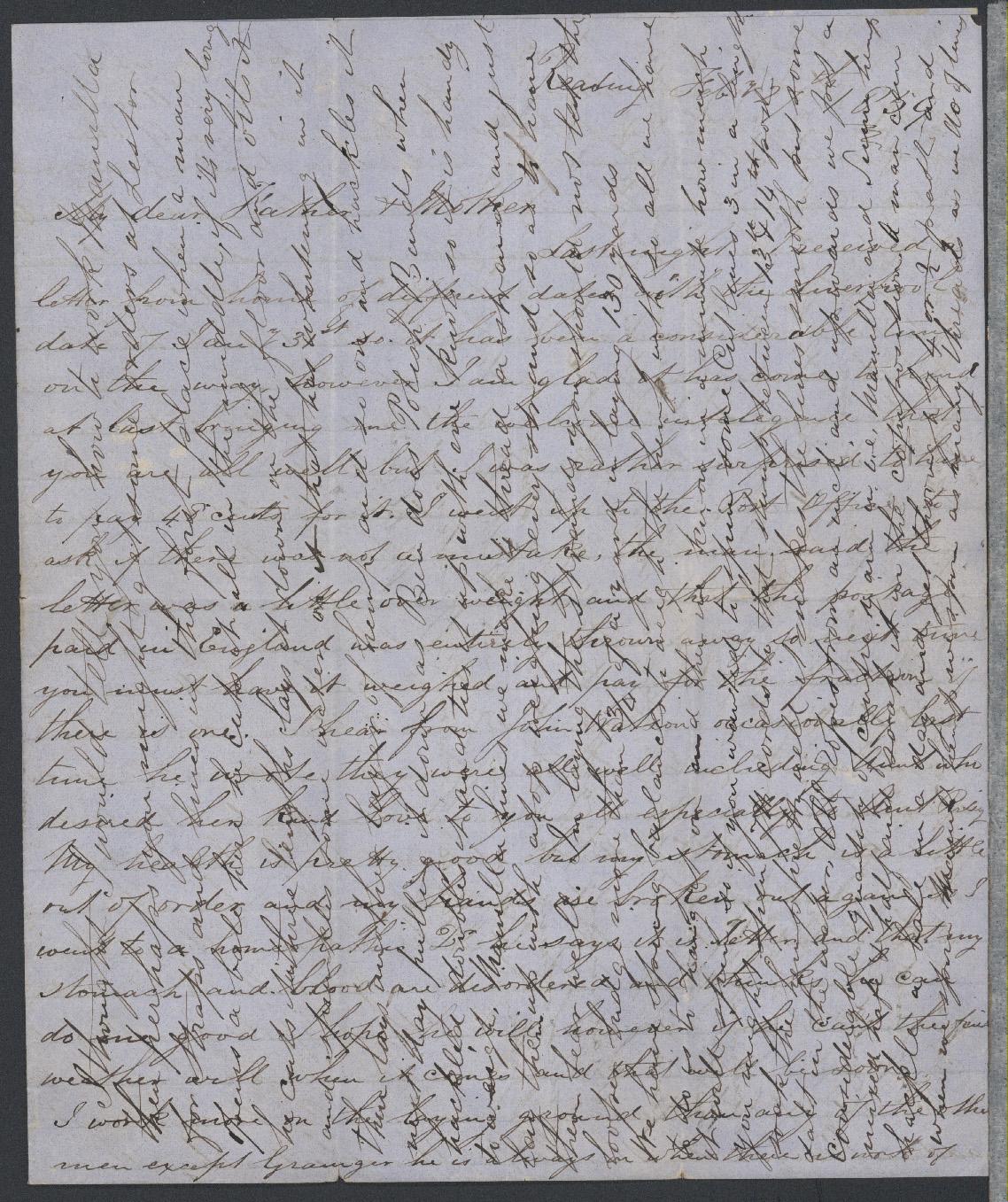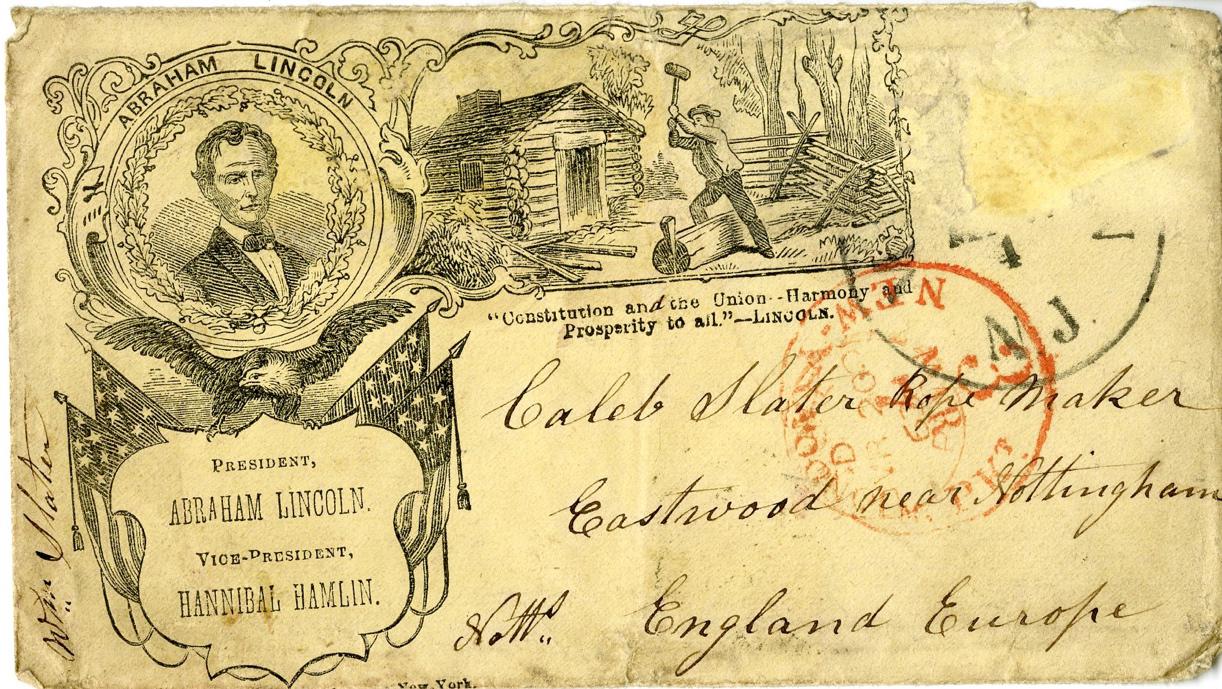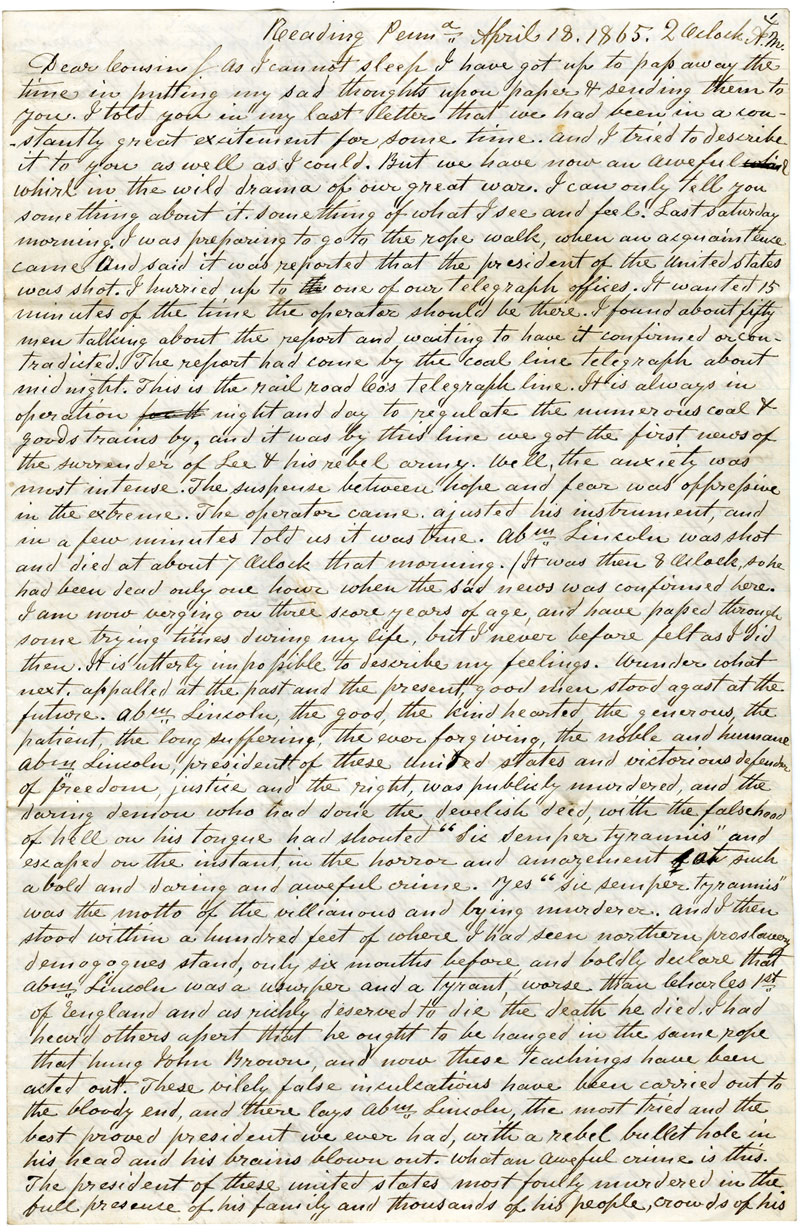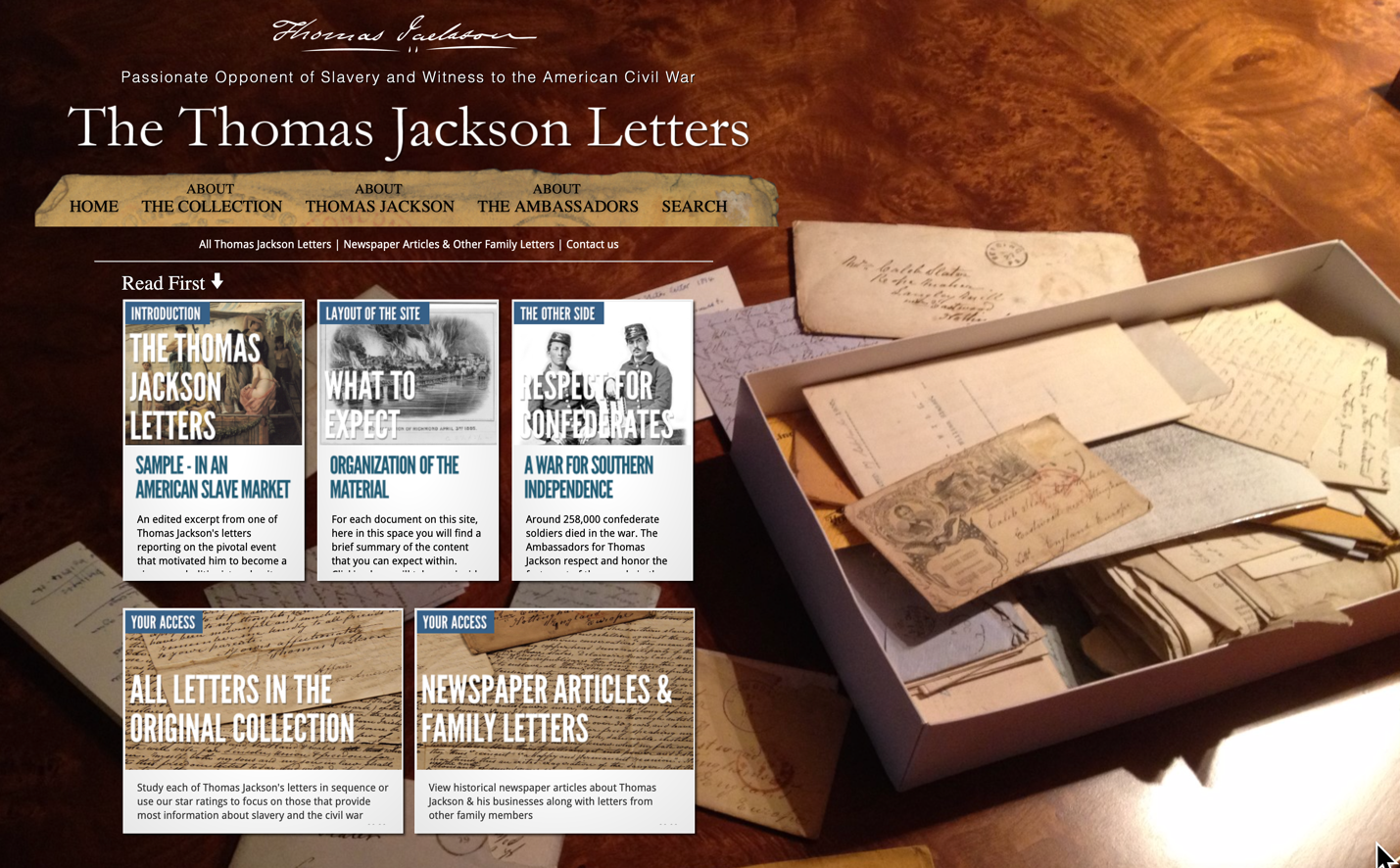

Dr. John Paling
Oxford University Biology Lecturer, Emmy Awarded Wildlife Film Maker, Author, Risk Consultant, Historian, Winston Churchill Fellow.John Paling has achieved some minor successes in a diverse variety of careers during which time he moved from his original home in England to become a citizen of USA. As he seemingly stumbled through his careers, the common factor in his choices has remained his passion to be learning new things, relating them to his “Lessons from Nature” and then sharing his enthusiasm and knowledge with others.
